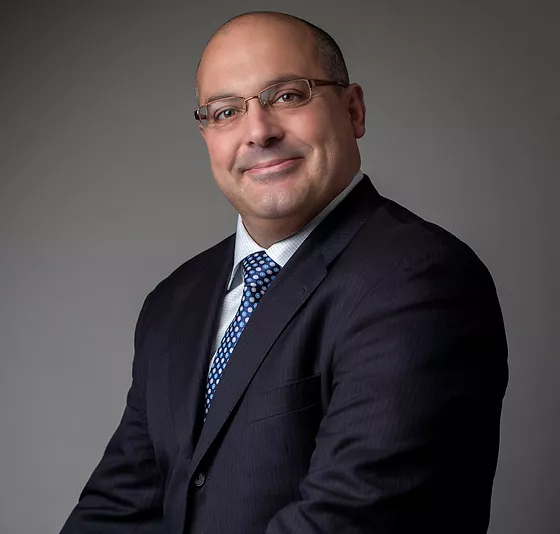
Depositions are a critical stage in almost any personal injury case because it is one of the first times the other side gets to ask you questions about the accident and your injuries.
Most of the time, the at-fault party and their insurance company determine whether to offer a settlement after reviewing a victim’s depositions, along with the other evidence.
Thus, knowing how to prepare for a deposition is extremely important.
How to Prepare for a Deposition As a Plaintiff
The best place to start when trying to understand how to prepare for a deposition is to understand how the other side will use the deposition.
A deposition is essentially an interview of a witness conducted by the opposing side. A court reporter will also be in the room, taking down all your answers.
You will also have your attorney present, and while you can rely on your attorney to help you understand questions and to make objections, you cannot rely on your attorney to help you answer questions during the deposition.
The opposing side will receive a copy of the deposition transcripts.
They will compare your responses to previous responses, either in an accident report or police report determining if your story is consistent.
The other side will also use the answers you give in the deposition to assess the likelihood of success at trial.
Insurance companies routinely look to deposition transcripts when deciding whether to settle a case—and how much money to offer.
Manage Stress by Planning Ahead
Preparing for a deposition is not hard. However, stress management is key.
By taking steps to prepare yourself in advance, you can ease your mind. Less tension usually allows your answers to sound natural and unrehearsed.
For example, remove possible stressors by making sure you know where the deposition will be held, what time you need to be there, and whether you need any special credentials to access the building.
When it comes to how to dress for a deposition, you should dress as though you are going to court.
Although there is not going to be a judge present, the insurance company will be taking notes about your appearance and how you come off because this is relevant if the case ends up in front of a jury.
You want to appear to be the best possible witness.
Practice Possible Questions
Your attorney will likely be able to give you a list of likely questions that the other side might ask.
Typically, questions focus on the accident, your injuries, the treatment you received, and your quality of life since the accident.
Review the list of questions provided by your attorney, and practice your answers. If you have provided inaccurate answers in the past, you can use a deposition as a way to clarify what you meant.
However, consult with your attorney before doing so because you don’t want to be accused of changing your story.
The information provided on this page speaks in general terms. Of course, there are often exceptions that apply in certain situations.
For a complete list of all exceptions, please consult the Consolidated Laws of New York.
Attorney Naima is also happy to answer any questions you have about your injuries or ability to pursue a claim against the responsible party.
Are You Considering a Personal Injury Lawsuit? We Can Help You Prepare For Your Deposition
If you were recently injured in a New York accident, reach out to the Law Offices of Theodore A. Naima for immediate assistance.
Attorney Naima has more than 25 years of experience helping accident victims and their families secure significant compensation after suffering serious injuries.
He offers all prospective clients a free consultation, during which he will answer your questions and explain the recovery process.
To learn more and to schedule a free consultation, call 516-280-7311 today. You can also reach us through our online contact form.



